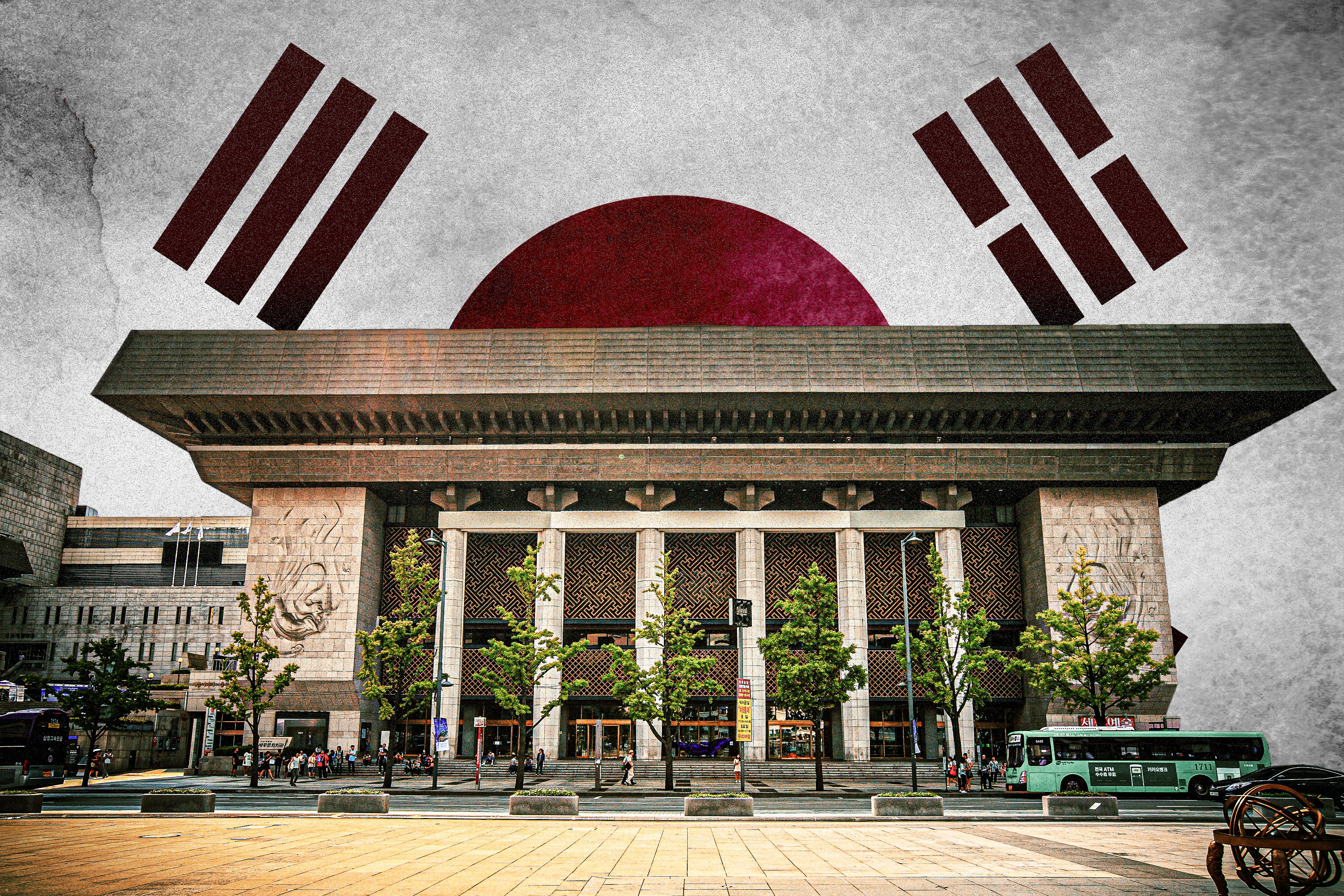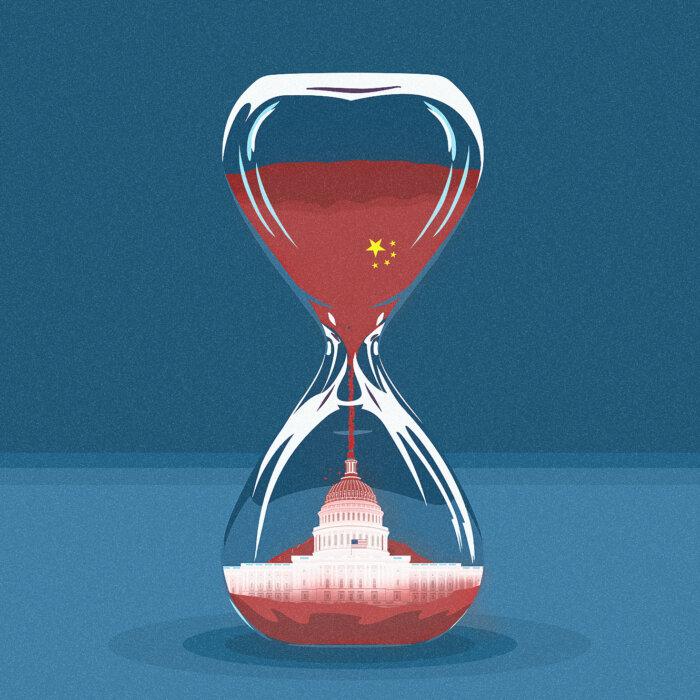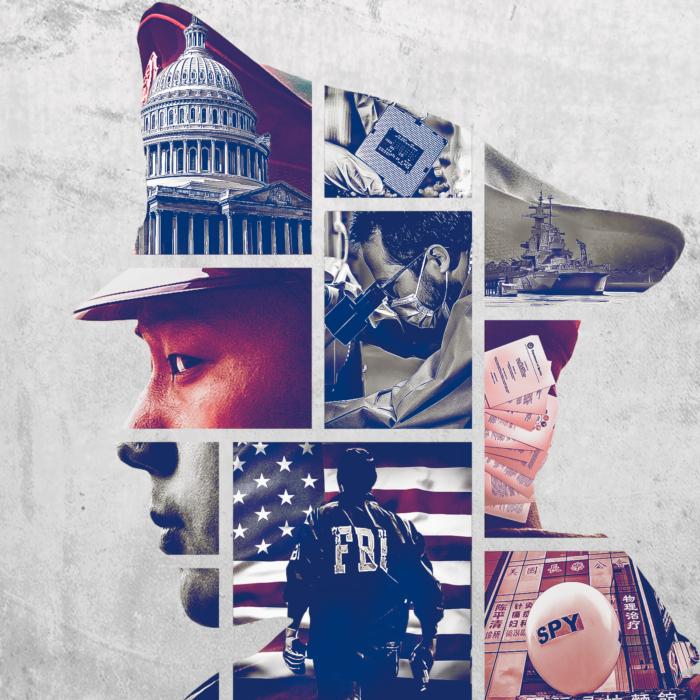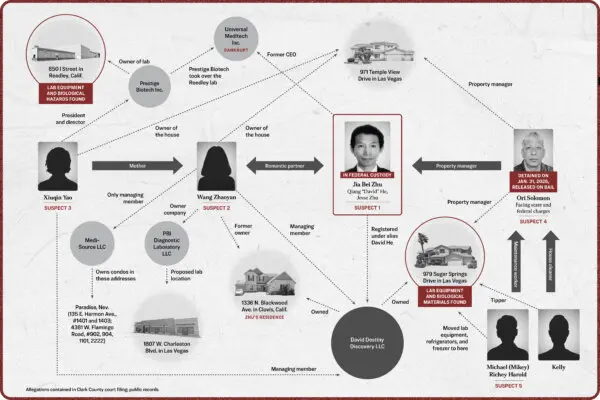South Korean President Yoon Suk-yeol was elected in 2022 on a platform that promised to bring the nation closer to the United States and take a stronger stance against Beijing.
That commitment from Mr. Yoon is now being put to the test as an American performing arts company has been told that it can’t perform in South Korea as a result of influence from the Chinese Communist Party (CCP).
The idea of cultural exchange between the United States and South Korea is something that top officials, including Mr. Yoon, have personally promoted to strengthen ties between the two nations.
During a state dinner at the White House in April, Mr. Yoon even sang the American classic “American Pie” and said that the two countries’ relationship is “an alliance of values.”
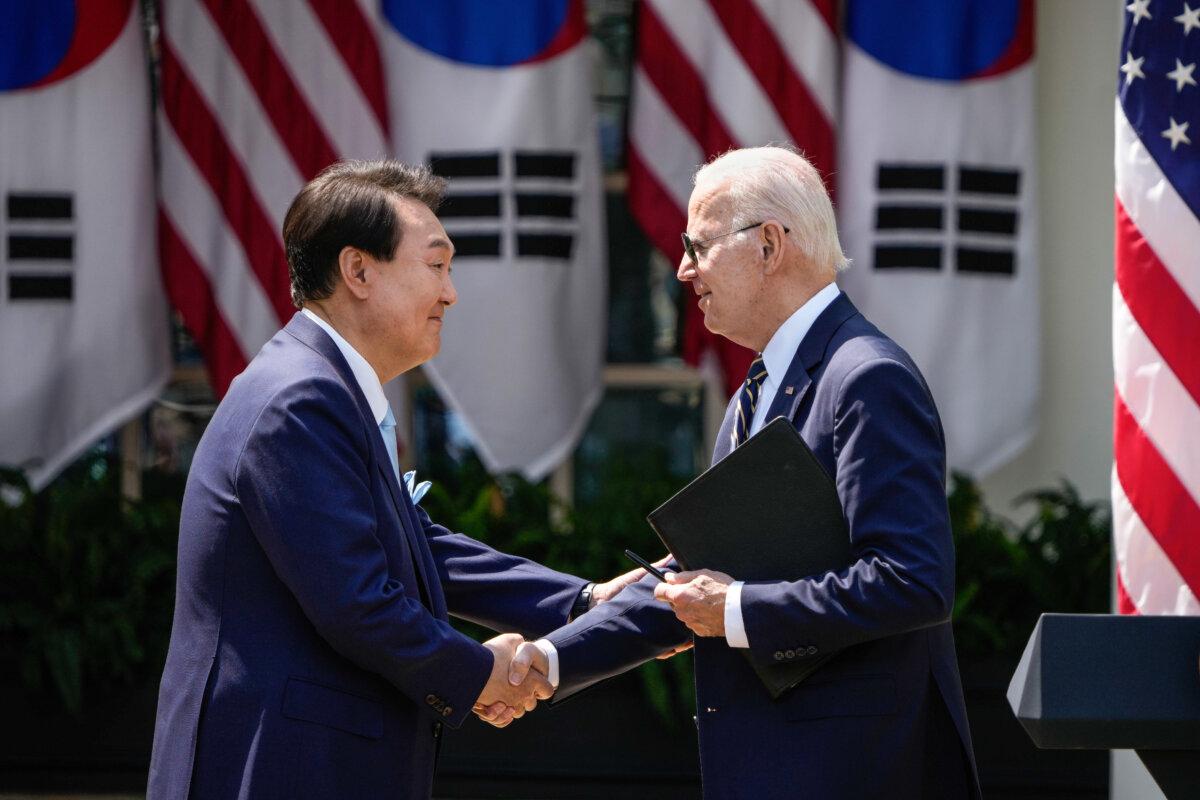
In the case of the New York-based Shen Yun Performing Arts, however, the CCP has been able to continue its nearly two-decade-long influence campaign in South Korea.
Local Shen Yun organizers say that Seoul’s two major theaters have so far rejected the group’s bid to perform as a result of pressure from the CCP.
Internal documents obtained by The Epoch Times reveal that the Chinese Embassy in South Korea has for years waged an intimidation campaign aimed at both theaters as well as the South Korean government, threatening economic and political repercussions if the country allows Shen Yun to perform there.
Shen Yun, which presents authentic Chinese culture through dance and music as it existed before communist rule, performs in more than 20 countries across five continents every year.
The CCP views Shen Yun “as very dangerous” to its own ideology because of the performing arts company’s efforts to revive and depict traditional Chinese culture, said Trevor Loudon, an expert on communist infiltration.
The Chinese communists “want only one way of looking at China, that is the communist party way,” Mr. Loudon told The Epoch Times. “They want a new world run by the communist party, and they need to destroy culture and disconnect people from their past, from their roots.”
The CCP’s efforts to stop Shen Yun from performing aren’t limited to South Korea but have occurred in most countries in which the group has performed. But while the communist regime’s efforts have failed in most nations, in South Korea, officials have given in to its threats.
Han Minho, former director general of South Korea’s Ministry of Culture, Sports, and Tourism, attributes this to decades of Chinese infiltration.
“The Chinese Communist Party has recruited many important figures in Korea over the past 30 years and to various levels,” Mr. Han, who founded the civil group Citizens for Unveiling Confucius Institutes, which advocates for the closure of the namesake Chinese government-funded language program in South Korea, told The Epoch Times.
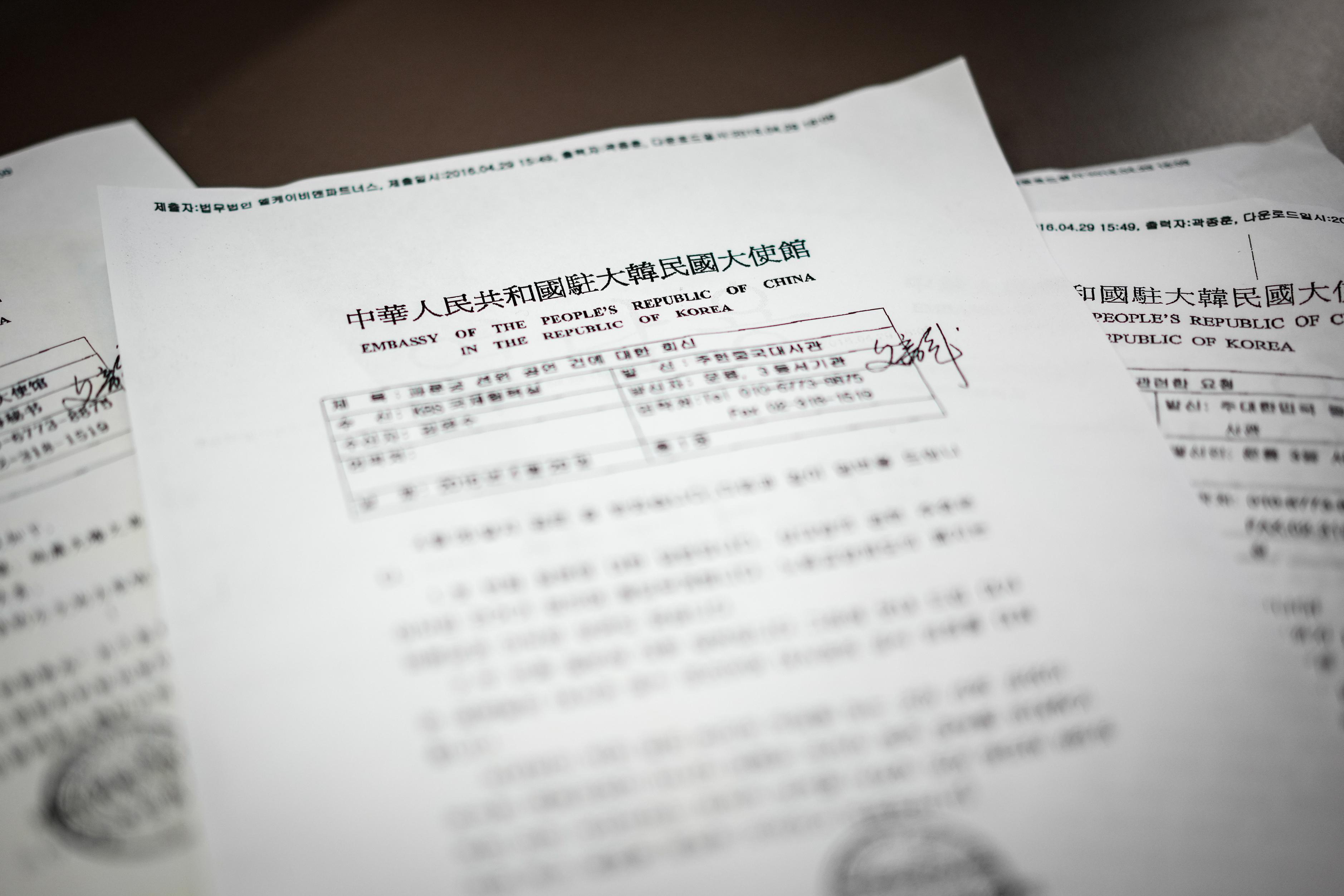
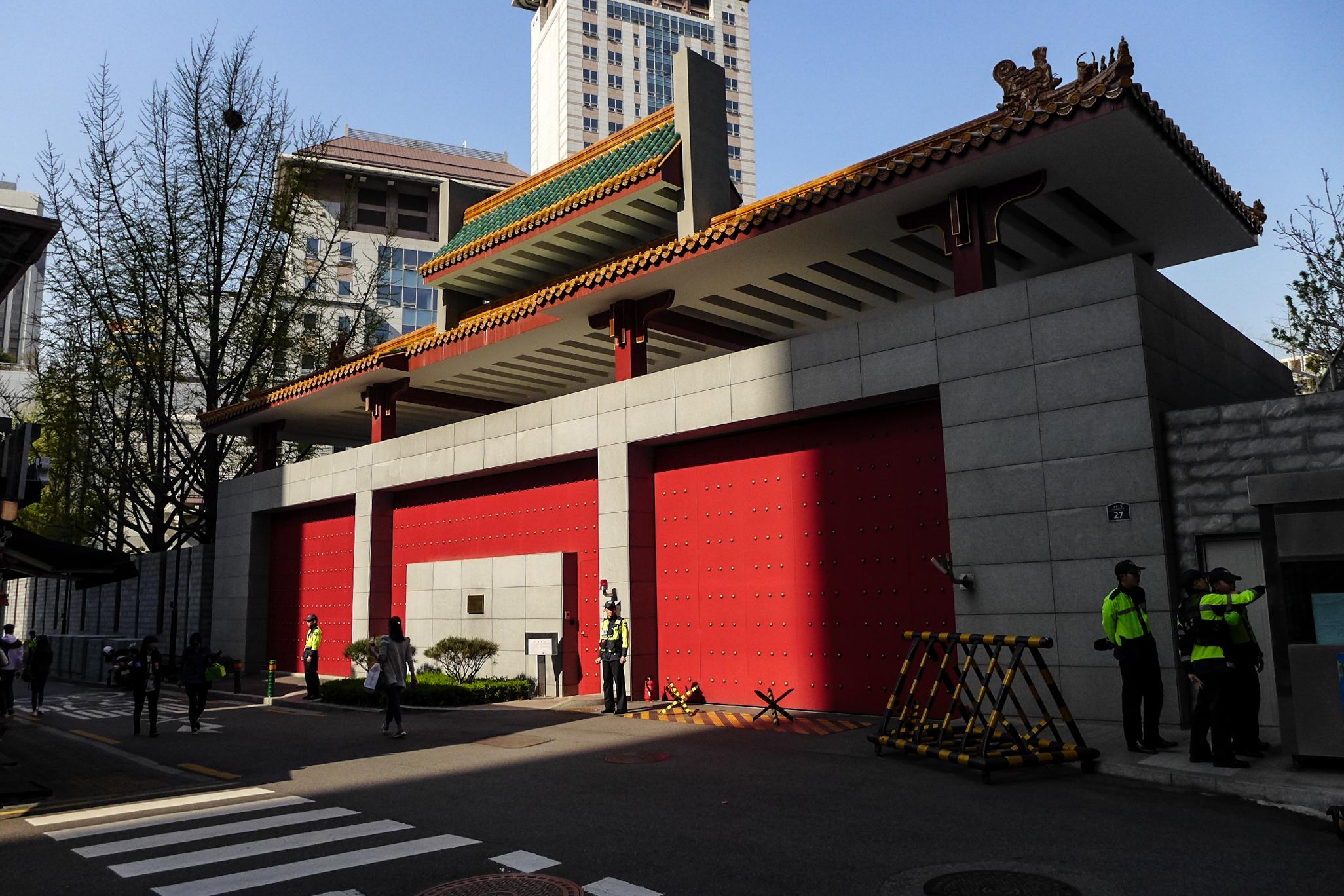
Shen Yun’s being blocked in South Korea, he said, is proof that the regime’s influence tactics have worked.
“When this happens repeatedly, people get the idea that submitting to the CCP’s demands is natural and necessary, and it becomes routine,” he said.
Whether Shen Yun can ultimately perform in South Korea, Mr. Han said, is a “litmus test” for “whether Korea is truly an ally to the United States.”
A History of Obstruction
While Shen Yun performs in top venues around the world, including New York’s Lincoln Center and Paris’s Palais des Congrès, in South Korea, the top theaters are tied to the government. As a result, the CCP has targeted the theaters directly as well as through the South Korean government.Threats from Beijing have ranged from visa blackmail to economic damage and diplomatic blowback since the performing arts company’s inception in 2006, with Chinese officials making visits or calls or sending letters to exert pressure.
In 2009, the Universal Arts Center in Seoul pulled out of a contract 12 days before Shen Yun was scheduled to perform. Local organizers later learned that the Chinese Embassy had threatened not to issue Chinese visas to venue staff and the Universal Arts Center performing arts troupe.
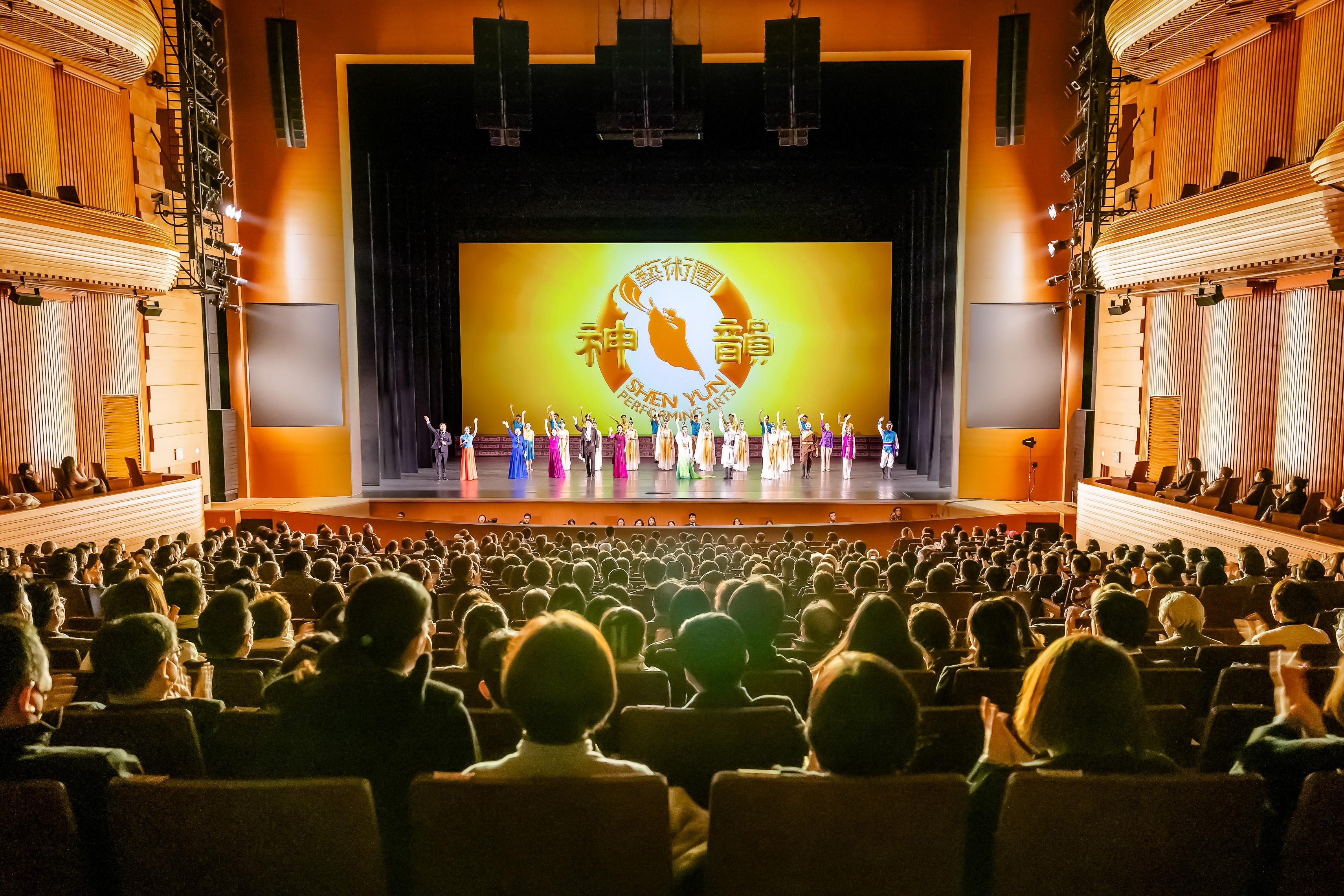
“We are not trying to make things difficult for Shen Yun. But the Chinese government is going to inflict tens to hundreds of billions in damage to us, so what can we do?” Bohee Park, then-retired vice president of the Tongil Foundation, which owns the theater, later told Shen Yun’s local presenters, adding that he wished Shen Yun “success.”
In one incident that received international attention in 2016, the Chinese Embassy wrote at least twice to the Korean Broadcasting System, which owns the KBS Hall venue in Seoul, demanding that it cancel a contract with Shen Yun ahead of the company’s performance there.
KBS, as the largest national public broadcaster, had “established friendly cooperative relationship with media such as CCTV,” the Chinese officials said, according to one of the letters dated in January that The Epoch Times obtained. They went on to ask the venue to deny Shen Yun access on the basis of the “China–Korea relationship.”
The broadcaster complied, despite thousands of tickets having already been sold. In the legal battle that ensued, a court in Seoul initially ruled in Shen Yun’s favor but reversed the decision just two days prior to the performance, saying that the possible Chinese economic backlash to KBS far outweighed whatever reputational and financial harm the company would suffer if the performance didn’t go ahead.
Louis Ahn, San Francisco-based Shen Yun coordinator for South Korea, said the CCP exerted “strong pressure” behind the scenes that interfered with the court decision.
The case of KBS was one of a litany of abrupt cancellations and U-turn decisions from local theaters that the New York arts company has encountered in the country during its world tours over the past 17 years.

In December 2012, as members of the Seoul Metropolitan Council in Seoul collected signatures to support Shen Yun’s bid to perform at Sejong Center, Seoul’s deputy mayor of political affairs Kim Young Ju told them that the city decided to block the performance “considering the relationship between Korea and China,” and that signing the recommendation letter would be of no use, then-council member Jung Chan Lee later recounted to the local Shen Yun presenters.
The rental bid fell through, to Mr. Lee’s “deep disappointment.”
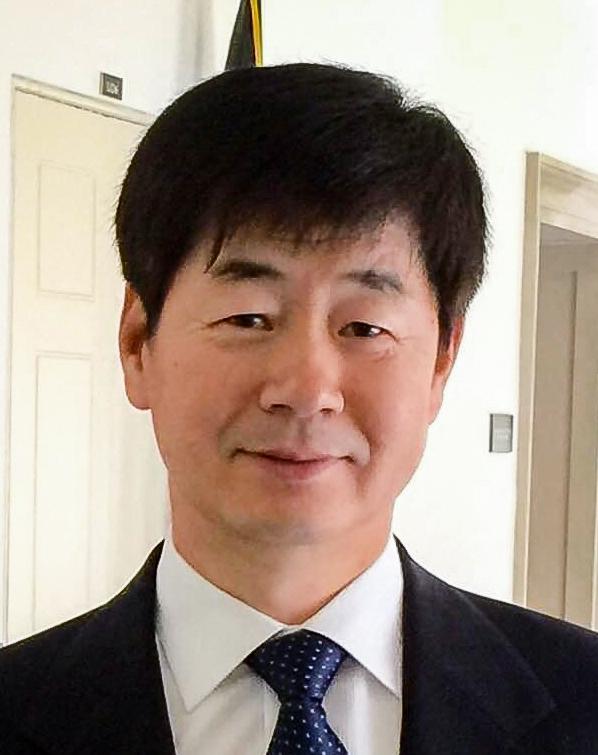
But while there were challenges all along, the year 2022 marked a turning point for the worse. In all, 13 local government-affiliated theaters eventually turned their backs on Shen Yun, including one that had a 10-year relationship with the company.
The Incheon Culture and Arts Center denied Shen Yun a venue-hiring application for a February 2023 performance after the possible deterioration of relations with China was brought up in an internal meeting at city hall, according to the organizers.
Chinese officials have long enjoyed the Korean government “following their orders,” Mr. Ahn said.
‘The Weak Point of a Free Democracy’
The anxiety from local officials and theater staff isn’t surprising to Lee Ji-yong, a professor of China studies at the Daegu-based Keimyung University.The fear of losing their jobs, hurting diplomatic relations with China, or incurring financial losses has resulted in self-censorship, he said.
“All Korean society has to study China’s face in their actions,” he said.

In early 2019, when Shen Yun presenters contacted the Sejong Center, Seoul’s largest arts and cultural center, about a potential rental, the manager said he would be fired if he approved the contract. The Korean government was aware of the issue, and Sejong Center wasn’t authorized to grant approval to Shen Yun without permission from the top, he said.
Chinese agents study closely “the weak point of a free democracy,” he said. “They concentrate on them. And it works.”
The situation in South Korea has drawn international attention.
In August, Rep. Michelle Steel (R-Calif.) wrote to Mr. Yoon saying she was “alarmed to hear that there are attempts by the [CCP] to exert influence to prevent the performances in the Republic of Korea.”
Ms. Steel wrote that “the Republic of Korea, as a free and democratic nation, has been one of the United States’ most important allies in promoting mankind’s shared values.”
“It is the duty of democratic governments to defend freedom in the face of oppression,” she said.
Other lawmakers echoed her view.
“This is outrageous, unacceptable, and crosses a red line,” Rep. Tom Tiffany (R-Wis.) told The Epoch Times, adding that it’s “no secret that the Chinese Communist Party routinely weaponizes its ‘diplomats’ abroad, orchestrating schemes to intimidate and harass local critics—and even local leaders.”
“These CCP operatives should face stiff consequences,” he said, including expulsion from the country, when “these plans are exposed.”
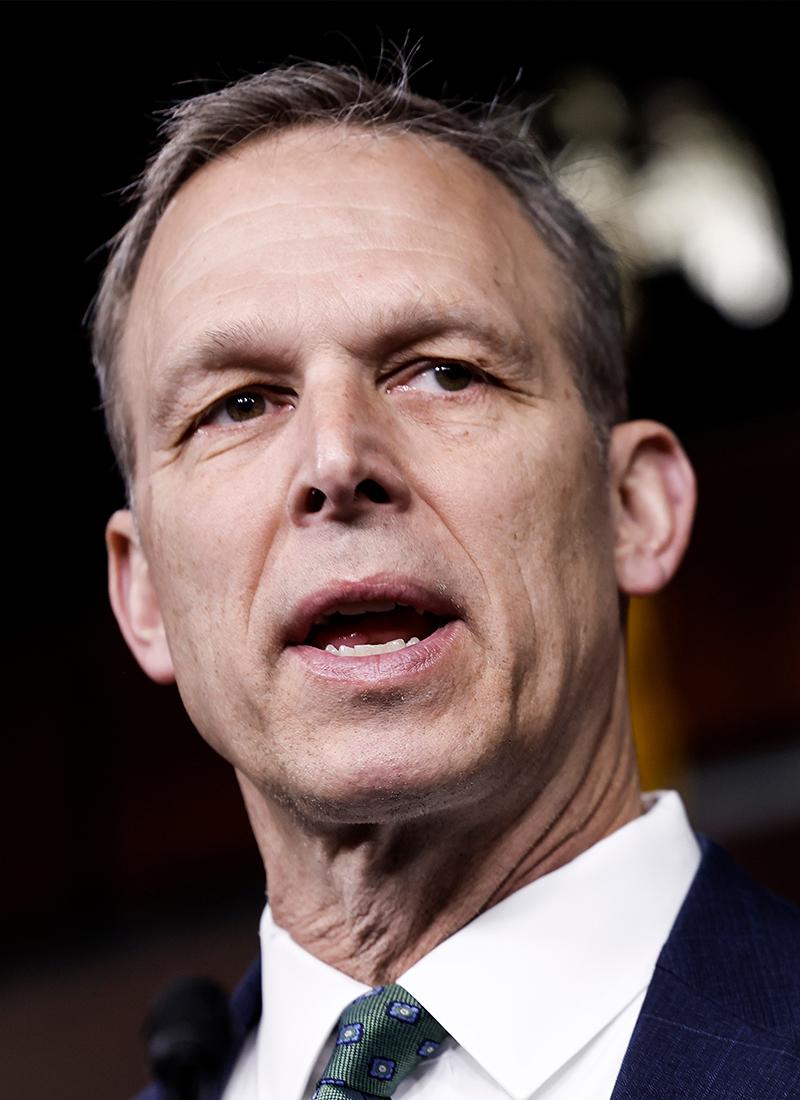
Rep. Scott Perry (R-Pa.) said that “this horrible practice” is a reminder for the United States to “push back on the CCP for this transgression” by labeling it as a “top international criminal organization.”
“The Chinese Communist Party stops at nothing to exert its malign influence and censor those who disagree with it across the globe,” he told The Epoch Times.
Mr. Lee, who has studied Chinese politics and economy in depth, said that seeing the extent of Chinese influence in his country “breaks [his] heart.”
He wants to see the tacit silence of Chinese interference—as on display in Shen Yun’s roadblocks in South Korea—publicized to the South Korean populace.
“If we lose our freedom, then we lose everything,” he said.
